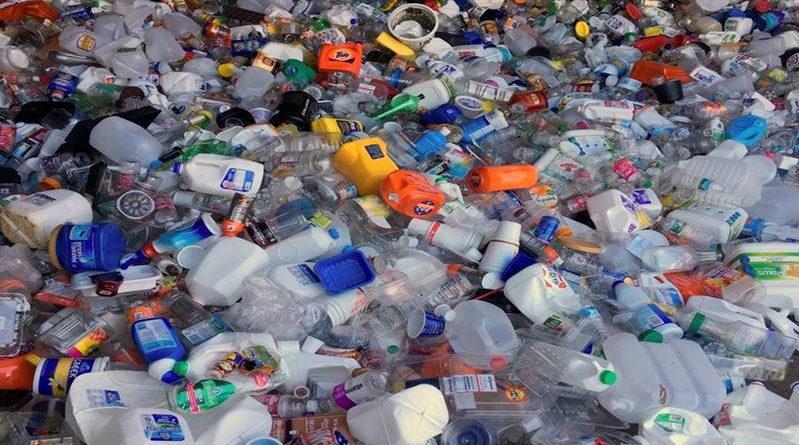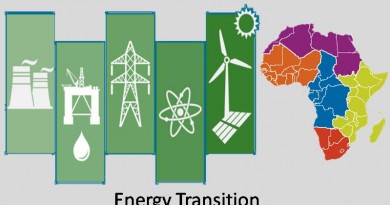The Oceans are littered with over 171 trillion plastic pieces By Georgina Rannard, BBC Climate and science reporter
Scientists estimate that there are currently more than 171 trillion bits of plastic floating around in the oceans. Plastic harms fish and other marine life and takes hundreds of years to degrade into harmless substances. According to research, there are now more plastics in the oceans than there were in 2005 (16 trillion pieces).
If nothing is done, scientists predict that it would almost triple by 2040. Nations ratified the historic UN High Seas Treaty this week, which aims to save 30% of the oceans. Scientists examined records going back to 1979 and incorporated recent information from expeditions that use nets to comb the waters for plastics to create this new estimate.
A mathematical model is then used to incorporate the plastic counted in nets to create a worldwide estimate. The lead author, Dr. Marcus Eriksen from the 5 Gyres Institute, told BBC News that the 171 trillion bits are made up of both freshly thrown plastics and older fragments that have degraded.

Single-use plastics, such as those found in bottles, packaging, fishing gear, and other things, degrade mechanically or over time to become smaller fragments. Animals including whales, seagulls, turtles, and fish may starve to death as a result of mistaking plastic for their food.
Microplastics have also been discovered in human lungs, veins, and the placenta, and they find their way into our drinking water. According to scientists, we do not yet know enough to determine if microplastics are harmful to human health. Between 2005 and 2019, the amount of plastic waste in the oceans more than doubled, from 16 trillion pieces to 171 trillion.

The concentrations varied before 2005. Scientists are unsure of the cause of this, according to Dr. Eriksen, although it could be explained by the disintegration of plastics, the replacement of tougher legislation with voluntary agreements, or the fact that less data was gathered.
The estimate advances what is known about marine pollution, according to Prof. Richard Thompson of Plymouth University, who was not engaged in the study.
“There is too much plastic in the ocean, we can all agree on that. We must immediately shift to research that is solutions-focused “He told the BBC. The North Atlantic Ocean now has the highest concentration of ocean plastic, while other enormous floating clumps, such as the Great Pacific Garbage Patch, have also been observed.
The authors also speculate that the success of pollution control treaties or regulations may have contributed to the shifting pollution levels prior to the year 2000.
In the 1980s, a number of legally binding international agreements required nations to avoid disposing plastic from the fishing and military industries into the oceans and to clean up specific amounts of waste.
These were subsequently followed by voluntary agreements, which, according to the authors, may have been less effective and may account for the increase in plastics beginning around the year 2000.
The authors contend that while cleaning up the oceans and recycling plastics are less likely to stem the flow of pollution, solutions should instead concentrate on lowering the amount of plastic that is created and used.




